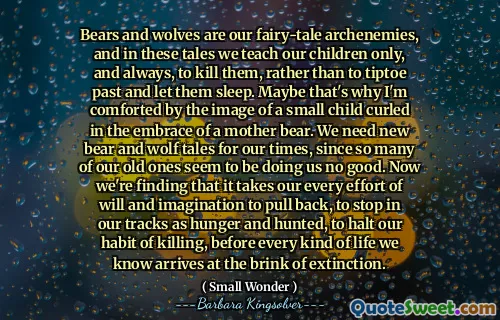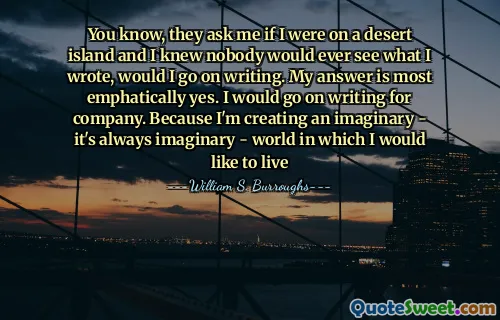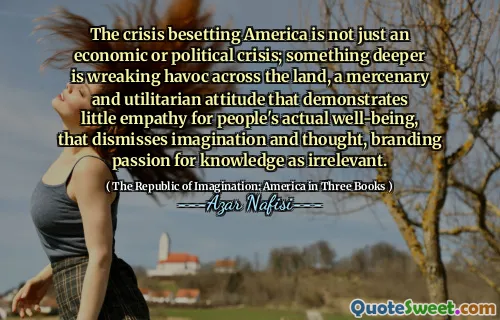
I think I can hear the unseen moon
This evocative phrase invites us to contemplate the delicate boundary between perception and imagination. The idea of hearing the unseen moon suggests a sensory experience beyond the ordinary, where one perceives a presence or a beauty that remains hidden to the naked eye. It speaks to the human capacity to sense or feel—the whispers of elements beyond our immediate evidence—encouraging a sense of wonder and curiosity. In a way, it mirrors our innate desire to connect with the mysterious and the intangible, reminding us that not all of what is significant is visible or tangible.
The metaphor can also be interpreted as a metaphor for intuition, hope, or spiritual connection—elements we often 'sense' without concrete proof. Perhaps it's an ode to listening beyond what is audible, looking beyond what is visible, and trusting in our inner perceptions. This aligns nicely with the themes of mystery, perception, and the unseen forces that influence us.
From a philosophical standpoint, the phrase nudges us to consider how much of our reality is constructed through our senses and how much remains beyond their reach. It challenges us to cultivate our inner awareness and remain open to the unseen truths that enrich our lives. In literature and art, such imagery inspires creators to explore themes of inner vision and cumulative inner worlds.
Overall, this quote emphasizes the importance of imagination, perception, and the acknowledgment that some beauty or truth resides just beyond the grasp of our conventional senses, yet can still be felt or heard through intuition and open-mindedness.
(The Last One) by Alexandra Oliva appears to echo similar themes of mystery, perception, and the unseen, aligning perfectly with the essence of this quote.






